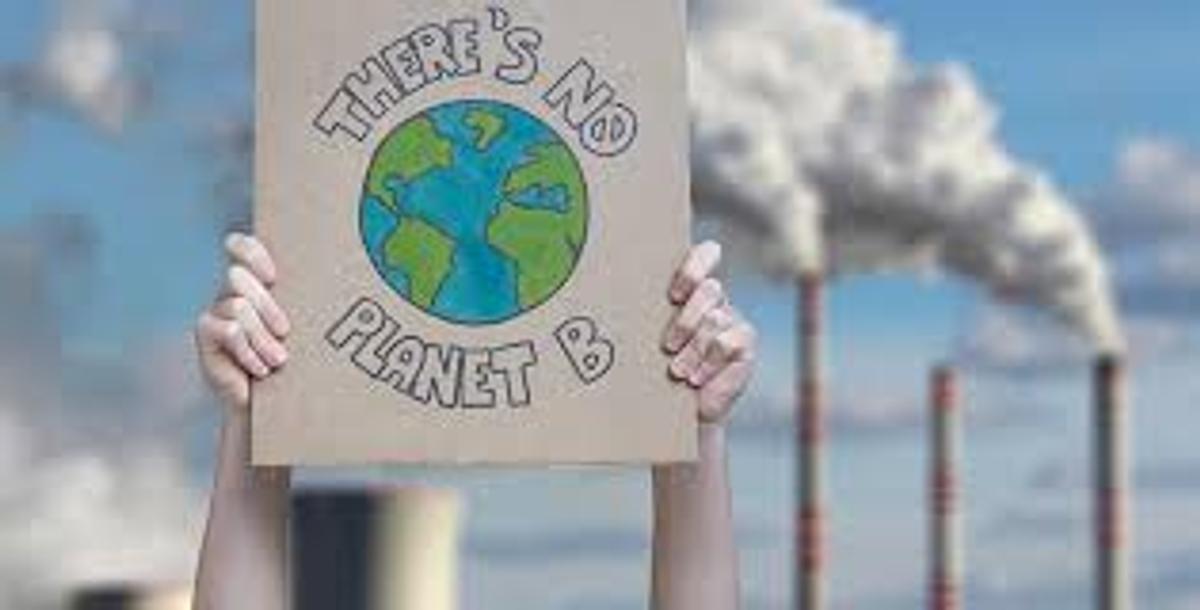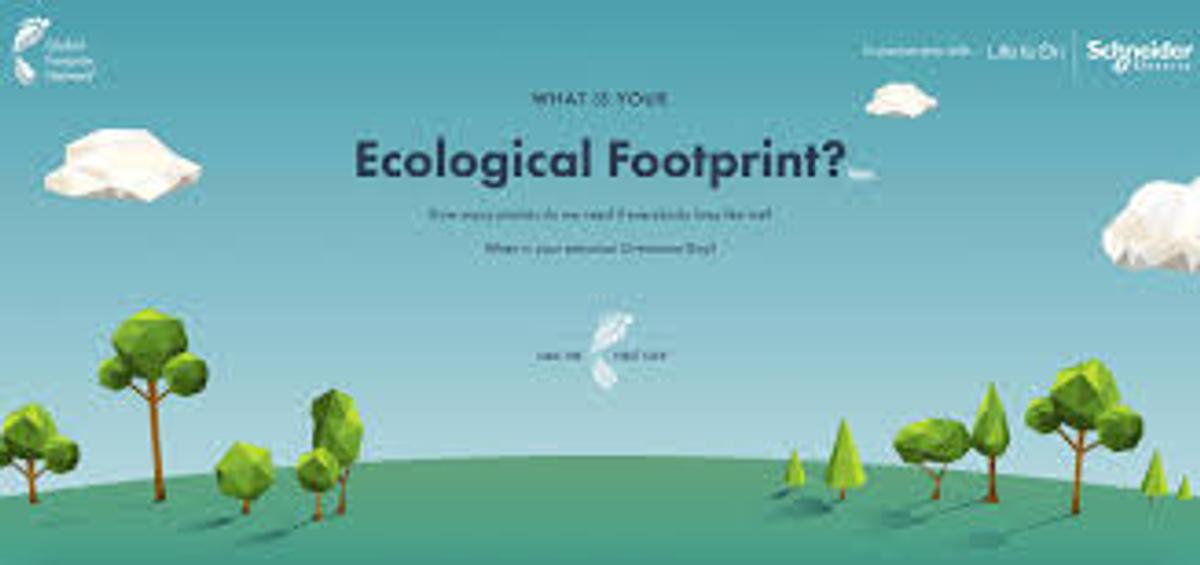Grade 6 Reports on the Bayside Climate Summit

Sustainability at Brighton Primary School
by Aden, Emily, Max, Luna, Tatum, Xana
Attending the Bayside Climate Summit
On May the 6th, the School Captains, Science and Sustainability Captains and the Green Team Captains participated in an online meeting about climate change and how we can reduce our carbon emissions in school. The Green Team Captains (Luna and Tatum) were there because climate change has a lot to do with the environment and that's what they work on. The Science and Sustainability Captains (Max and Xana) were there because they are the ones that will try to put the ideas into place in our school. The School Captains (Emily and Aden) were there because overall we are the ones who will review the ideas and the strategies to help our school become the cleanest it can be.
What was the Format of the Day?
The summit was held online due to current Coronavirus restrictions using Microsoft Teams and Mentimeter which is an interactive presentation tool, allowing the students to interact with the facilitators in real-time. In total 73 students and teachers from 11 primary and secondary schools in Bayside participated in the summit. Council members and experts in climate change spoke at the event. These included Dr.Cecile Van Der Burgh and Susie Burke. Highlights of the summit were, a welcome from the Mayor Clarke Martin and hearing the inspiring speech that Mia and Lili (year 10 students at Firbank Grammar) made at the council meeting in which the climate emergency was declared.
Learning about taking Climate Action
During the summit, Dr. Cecile van der Burgh from the Port Phillip EcoCentre talked about taking climate action to limit global warming. There are many ways to reduce carbon emissions and we can do this at school, at home and as a community if we work together.
As a school, more children and parents need to be educated about the situation so we can act on it. Thankfully, we are a large school which means we can have more of an impact on climate change. Working as a school to do simple things like regularly cleaning up the schoolyard or using less power, can change the environment massively.
At home, we can reduce our footprint. There are several things in our daily lives that contribute to carbon emissions, but there are simple ways to change that for a better environment. Even small things like riding or walking to school/work.
As a community, replacing simple things in our daily lives with eco friendly choices can increasingly change our environment. Climate change is a large issue in our world and communities like ours can have an impact. Working together to change our habits will change our home for the better.
Here is the link to the footprint calculator, you might want to try it out.
Footprint Calculator - Measure your Impact
A Message about Hope
Toward the end of the summit Susie Burke - a psychologist - was introduced and she talked to us about how having hope can encourage others to care about Climate Change. She also explained that there were four types of hope; Active, Pollyanna, Heroic, and Stoic but she mainly focused on active hope.
Active hope is where you’re in reality and you’re skeptical about what you’re doing but you try to make a change anyway because it’s the right thing to do and standing by is unacceptable. Susie Burke also told us to think of active hope like an adventure story to understand it better. Get called to an adventure - you believe something needs changing - trials and tribulations so on. She also mentioned that when fighting for a change it’s important to have a mentor to draw strength from or be inspired by. Whether they are friends, family or someone else.
Big Ideas for Brighton Primary School
As a group of leaders in the school, we took the opportunity after the climate summit to reflect on some possible actions BPS might take. These included:
- Veggie Patch: We are going to have the Green Team and Science & Sustainability team help Ms. Murray develop the veggie patch. e.g water the plant as often as possible.
- Curriculum: The younger kids e.g prep, grade 1, grade 2 should start learning about sustainability and climate/environment so that once they’re older/year 6 they’ll have a better understanding of what it is and possibly share it with someone else.
- Raising Awareness: To raise awareness we were thinking of using less electricity during school. So the money we spend on electricity bills can be spent on something possibly more important. Like sending out interesting information to hopefully get more people/schools using less electricity.
- School Yard: By reducing rubbish, which is mostly from the canteen. Then instead of spending time picking up rubbish, we can learn more important things. We could also send a letter to the canteen so that they could possibly work out a way to use less plastic packaging around foods.
We can’t wait to get back to school to continue this important work. We hope our article has inspired you to think and act!



